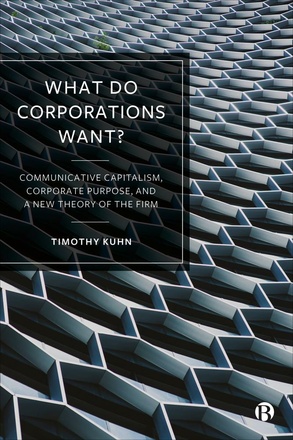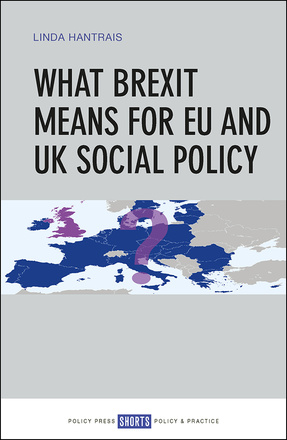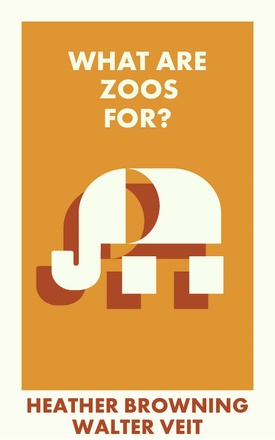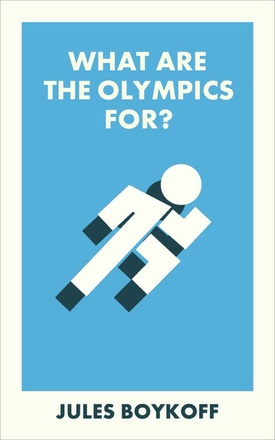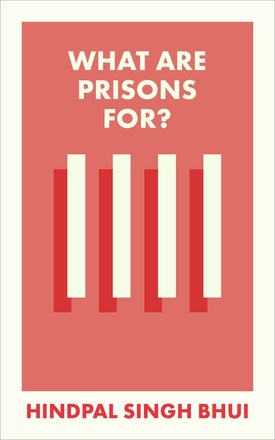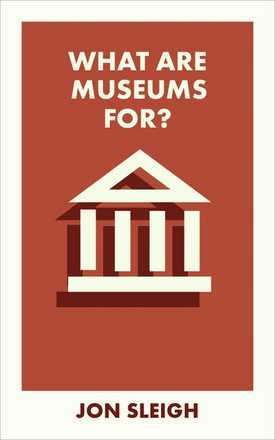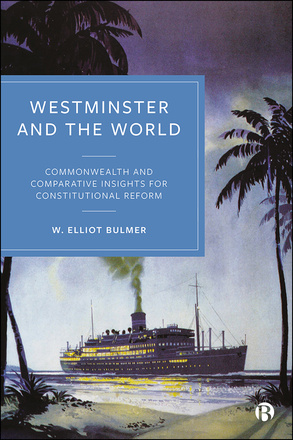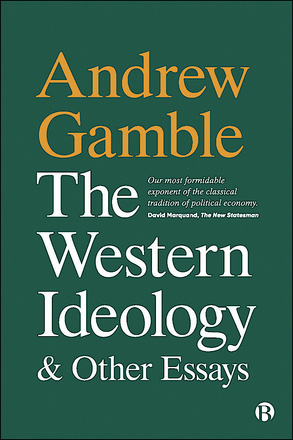What future for social security?
Debates and reforms in national and cross-national perspective
It is widely assumed today that the 'welfare state' is contracting or retrenching as an effect of the close scrutiny to which entitlement to social security benefits is being subject in most developed countries. In this book, fifteen authorities from nine different countries investigate to what extent this assumption is warranted.
What Do Corporations Want?
Communicative Capitalism, Corporate Purpose, and a New Theory of the Firm
Drawing on communicative and new materialist theorizing, along with three insightful case studies, this book thoroughly redefines our understandings of what corporations are “for.”
What Death Means Now
Thinking Critically about Dying and Grieving
Bringing 25 years of research and teaching in the sociology of death and dying to this important book, Tony Walter engages critically with key questions around this universal fact.
What Brexit Means for EU and UK Social Policy
With the UK’s decision to leave the EU as one of the greatest challenges in the EU’s history, this book seeks to understand the role played by social policy in the referendum campaign and withdrawal negotiations, and considers what Brexit means for social policy development both in the UK and across the EU.
What Are Zoos For?
Heather Browning and Walter Veit test the common justifications for zoos (entertainment, education, research, conservation) against the evidence and suggest what the best zoos of the future should look like to ensure that they are primarily for animals and not just for people.
What Are the Olympics For?
While attention is on Olympic triumphs and tribulations, there is much that goes on behind the scenes that is deeply troubling. Boykoff tells us that radical steps are required if the Games are to be fixed and only then will they be truly ‘athletes first’.
What Are the Olympics For?
While attention is on Olympic triumphs and tribulations, there is much that goes on behind the scenes that is deeply troubling. Boykoff tells us that radical steps are required if the Games are to be fixed and only then will they be truly ‘athletes first’.
What Are Prisons For?
Hindpal Singh Bhui argues that we need to look at who is sent to prison and why to disentangle reality from ideology and myth. Including the voices of prisoners, prison staff and victims, he asks whether prison is an institution for managing marginalized people, or if there is a better way to achieve the socially useful goals of prisons.
What Are Museums For?
Museums today are a cultural battleground. Jon Sleigh maintains that museums must be for all people and inclusion must be at the heart of everything they do. He uses museum objects from different museums to explore trust-building, representation, digital access, conflicting narratives, removal from display and restitution.
What Are Animal Rights For?
How should we treat animals? The field of animal rights raises pressing questions about how humans treat the other animals as livestock farming exerts an increasing toll on the planet, and we learn more about their capacity to think and experience pain. This book shows what the world might look like if animals had greater rights.
Westminster and the World
Commonwealth and Comparative Insights for Constitutional Reform
Constitutional scholar Elliot Bulmer considers what Britain might learn from Westminster-derived constitutions around the world. Exploring the principles of Westminster Model constitutions and their impact on democracy, human rights and good government, this book builds to a bold re-imagining of the United Kingdom’s future written framework.
The Western Ideology and Other Essays
The Western Ideology brings together for the first time Andrew Gamble’s writings on political ideas and ideologies, which illustrate the main themes of his writing in intellectual history and the history of ideas, including economic liberalism and neoliberalism, and critiques from both social democratic and conservative perspectives.








